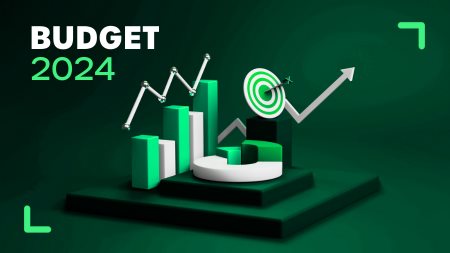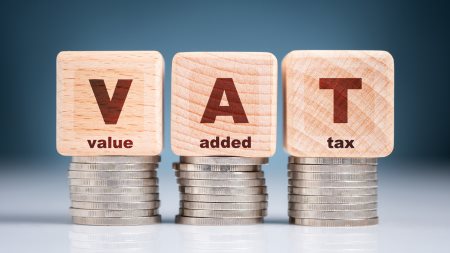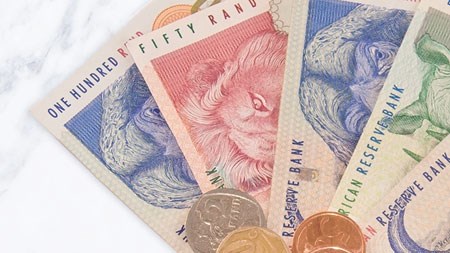Minister Enoch Godongwana delivered his 2024 Budget on 21 February.
“With no direct support for the housing market, despite the fact that property taxes remain unchanged, property practitioners will remain frustrated as the industry continues to grapple with a slow market,” says COO of Private Property, Theo Mseka.
“The lack of initiatives to stimulate a reduction in property prices will not improve housing affordability, and more so given the rise in inflation to 5.3% in January, which will continue to seriously drain already-constrained consumers’ pockets, and further shrink the purchasing power of first-time home buyers.”
Further disappointment follows in that the solar tax incentive introduced last year, was not extended, nor was the transfer duty exemption of R1.1-million increased. The latter would have been particularly welcomed, and allowed additional breathing room in the affordable housing price range.
Despite no tax rate hikes, including VAT, there was also no relief for taxpayers against inflationary adjustments to the tax brackets and rebates. Should the anticipated interest rate cuts emerge from mid-year, it is likely that the property industry will experience more buyers entering the market.
Growth outlook
South Africa’s near-term growth remains hamstrung by lower commodity prices and structural constraints. Revisions were thus made to real GDP growth of 0.6% in 2023, down from 0.8% growth that was estimated last year. This is due to weaker-than-expected outcomes in the third quarter of 2023, particularly in household consumption and fixed investment.
The country’s economic outlook is impacted by persistent constraints in electricity supply, freight rail and ports, and a high sovereign credit risk. “Our challenge,” said Godongwana, “is that the size of the pie is not growing fast enough to meet our developmental needs.”
Electricity
The introduction of a R2-billion condition grant over the medium term, will fund the rollout of smart prepaid meters, and which will begin only with municipalities that have been approved for debt relief.
Consumer impacts
“The majority of households will continue to experience higher household consumption and credit extension if inflation does not fall, and this is on what consumers will have to depend, given the lack of assistance through the Budget,” says Mseka.
Where consumers may need to make adjustments in the meantime, are the usual sin taxes. Alcohol product excise duties increased to above-inflation rates of between 6.7-7.2% for 2024/25. A can of beer, for example, will increase by 14 cents and a bottle of wine an extra 28 cents.
The general fuel levy for 2024/25 is to remain unchanged, which will provide tax relief of some R4-billion. However, the carbon fuel levy is set to increase to 11 cents per litre for petrol and 14 cents per litre for diesel, effective from 03 April.
For those on a social wage, six of every R10 will be spent on health, education, social protection, community development and employment programmes. There will also be an increase of R100 to the old age, war veterans, disability and care dependency grants. This will be split into R90 effective from April and the additional R10 introduced in October.





